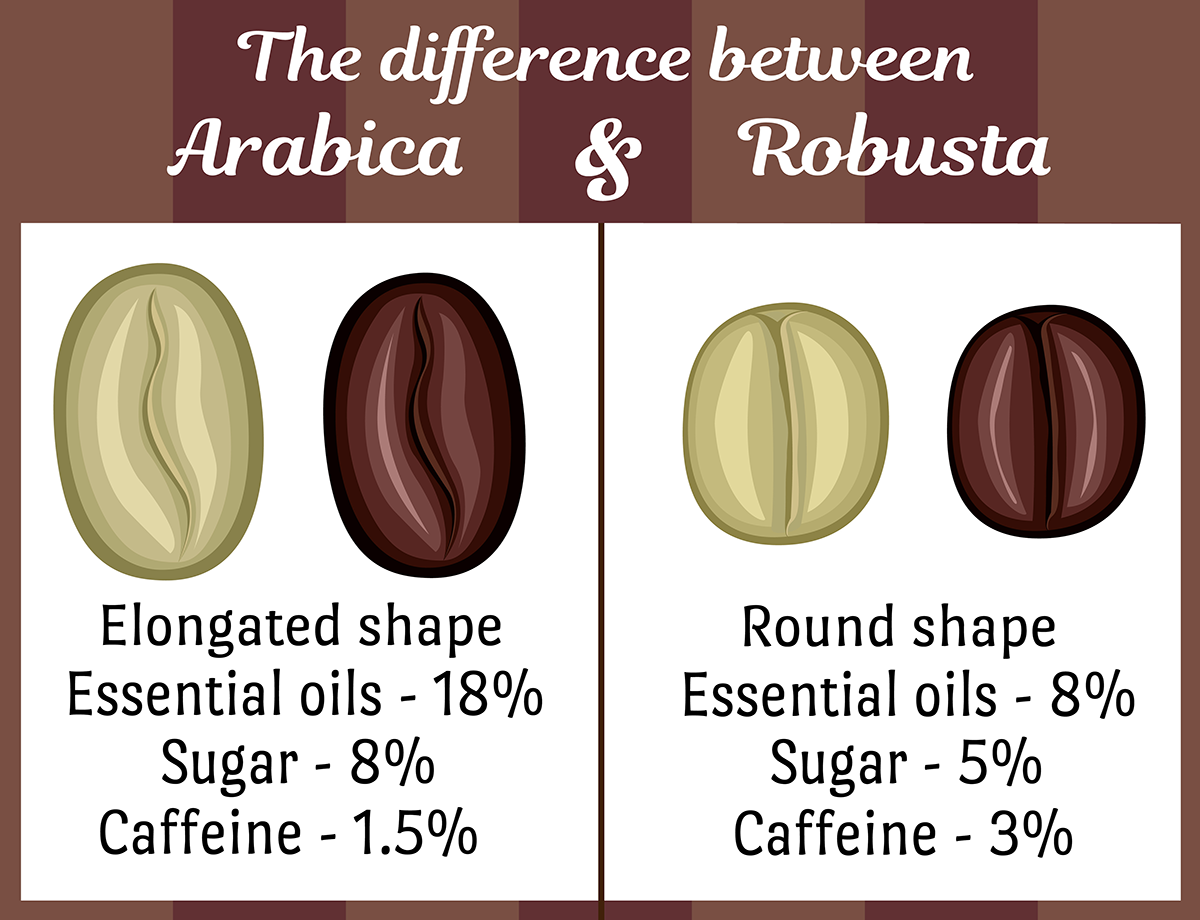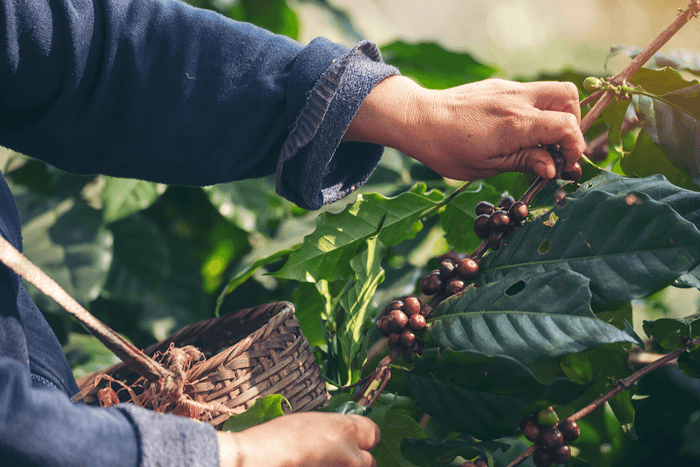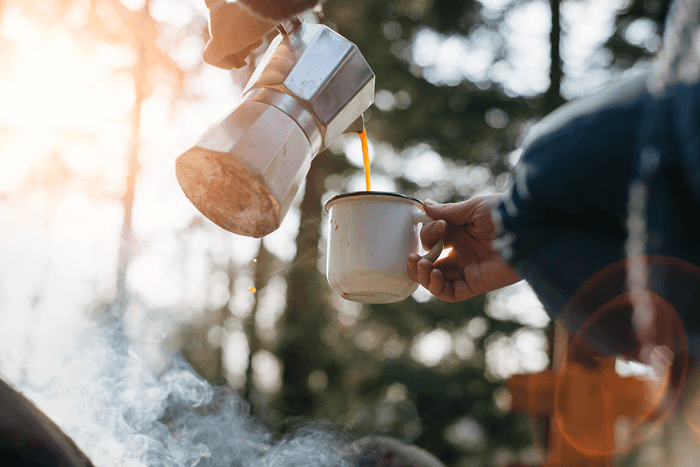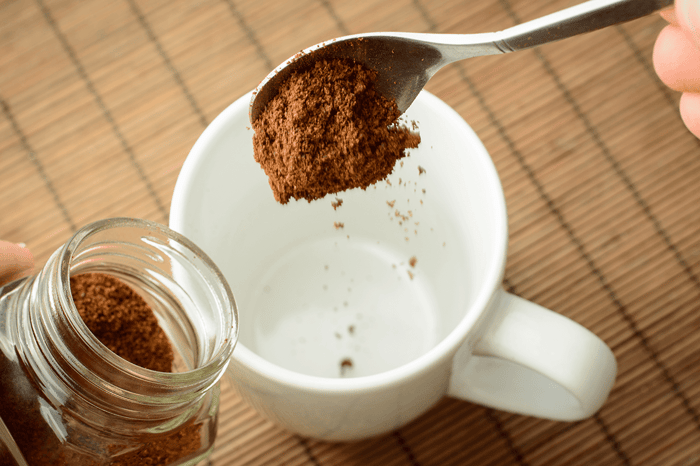A lot of coffees advertise 100% arabica beans like they’re some kind of rare and exotic bean.
Meanwhile, despite its enormous caffeine content, Robusta has gotten a bad rap for being bitter.
Are these claims founded? In this article, we’ll take a quick look at some of the key differences between Arabica and Robusta coffee beans.
Arabica vs. Robusta

The Shape
Robusta beans are slightly—but appreciably—more circle-shaped. Arabic beans have a slightly more elongated, oval shape. All there is to say, really.
The Taste
Robusta has a reputation for tasting more bitter than Arabica beans, and this is true for the most part. However, a lot of its bitter reputation comes from roasters doing Robusta wrong. Robusta’s unfortunately been used in a lot of instant coffees in the past, which aren’t exactly known for their complex flavor notes. Admittedly, Arabica beans do have a wider range of flavors than Robusta, partially due to the fact that they contain more sugar. Speaking of which…
The Sugar
Robusta naturally has a very low sugar content as far as coffee goes. Arabica beans, on the other end, contain almost double the amount of sugar. This is why Robusta beans are typically blended with Arabica, to soften the bitter flavor.
The Acidity
Robusta beans naturally have a lower acidity than Arabica beans. Just as roasters tend to blend Arabica beans with Robusta beans to control bitterness, they can similarly lower the acidity in a coffee blend by adding more Robusta beans.
The Caffeine!
Robusta has a hell of a lot more caffeine than arabica—almost double, actually. Arabica beans come in at an average of 1% - 2% caffeine per bean. Meanwhile, Robusta beans can have up to 4% caffeine per bean.
The Crops
Robusta is grown at lower altitudes and in wetter conditions than Arabica. They’re extremely resistant to pests, because of their naturally high caffeine content—while humans get a kick from caffeine, it’s poison to insects. Pests aren’t too keen on the bitterness of Robusta compared to Arabica beans, either, so they tend to just leave them alone.






